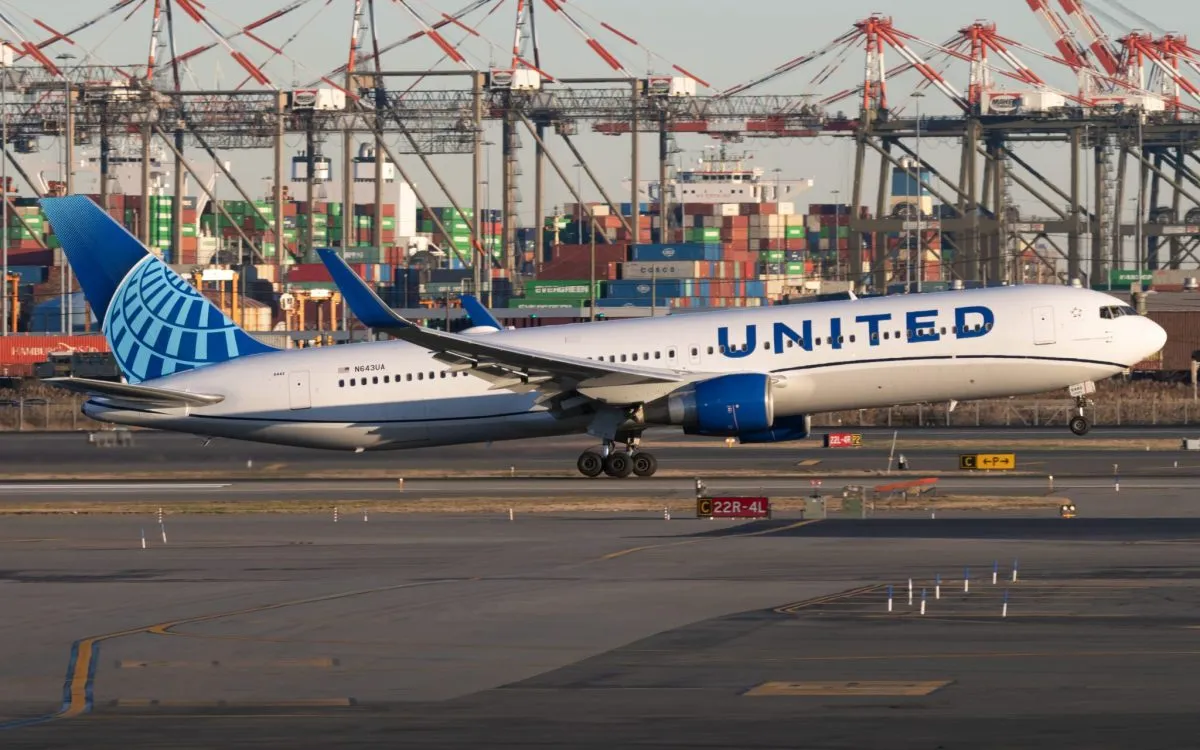Jim Cramer Critiques Steep Tariffs on Chinese Goods and Their Implications

In a recent segment on his popular financial show, Mad Money, Jim Cramer discussed the implications of the staggering 145% duty on Chinese imports. This steep tariff, he argued, is so extreme that it functions more like an embargo than a traditional tariff. Cramers insights came in the wake of heightened tensions between the United States and China regarding trade policies, prompting a broader conversation about the impact on American businesses and consumers.
We now have a 145% tariff on Chinese goods, Cramer pointed out during his commentary. A number that high frankly isnt really a tariff. Its more of an embargo. Almost nobodys gonna pay that much of a markup. Its a recipe for losing money. His frank assessment highlights the reality that such exorbitant tariffs could discourage consumers and businesses from purchasing goods, inevitably leading to a significant downturn in trade.
Cramers analysis also delved into the psyche behind these policies, suggesting that former President Donald Trumps frustration is directed more at previous administrations. He believes that Trump perceives them as having allowed China to exploit U.S. trade policies to their advantage rather than targeting President Xi Jinping directly, whom Trump continues to refer to in a respectful manner. While Cramer expressed some understanding of Trumps objectives, he urged caution regarding the potential consequences of such tariffs. As a nation, shamefully, weve gotten addicted to cheap Chinese imports, he added, underscoring the complexities of the situation.
During his broadcast, Cramer observed a significant shift in the stock market dynamics, indicating that the U.S. may be entering a sorting period. This sorting phase would separate companies based on their exposure to China. What we saw today was the beginning of a sorting period between those that have no China exposure and those that do, he explained. However, he lamented that many companies heavily reliant on Chinese trade are not only employing a large workforce but also producing quality products. Yet, in this new economic environment, even solid companies might struggle, a reality that Cramer found disheartening.
Furthermore, Cramer asserted that while he believes the U.S. could survive without economic ties to China, the ramifications would be serious. He warned of a sharp increase in domestic costs, rising unemployment rates, and an increased dependency on other international partners. Cramer laid bare the stakes involved, stating, Yes, we have to take them on now or never, but he cautioned that the public may not be prepared for the resultant pain of such a shift.
So the bottom line: Is it worth it? Depends, he clarified. I think its worth some temporary pain to drive a hard bargain though and get a more favorable trade deal out of the Chinese government. But its not worth it to go back [from] $439 billion in imports to zero. Unfortunately, Im actually thinking that might be where were headed. His remarks serve as a stark warning of the uncertain economic future that lies ahead for both American consumers and businesses.
In conjunction with this discussion, our article also compiled a list of 12 stocks that Cramer mentioned during an episode of Mad Money aired on April 10. The stocks were listed in the order they were mentioned, alongside hedge fund sentiment for each stock as of the fourth quarter of 2024, utilizing data from Insider Monkeys extensive database of over 1,000 hedge funds.






















